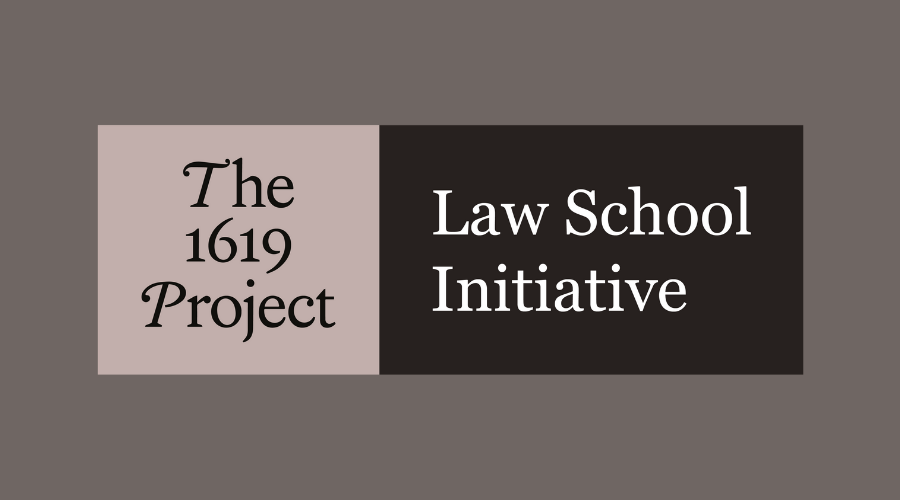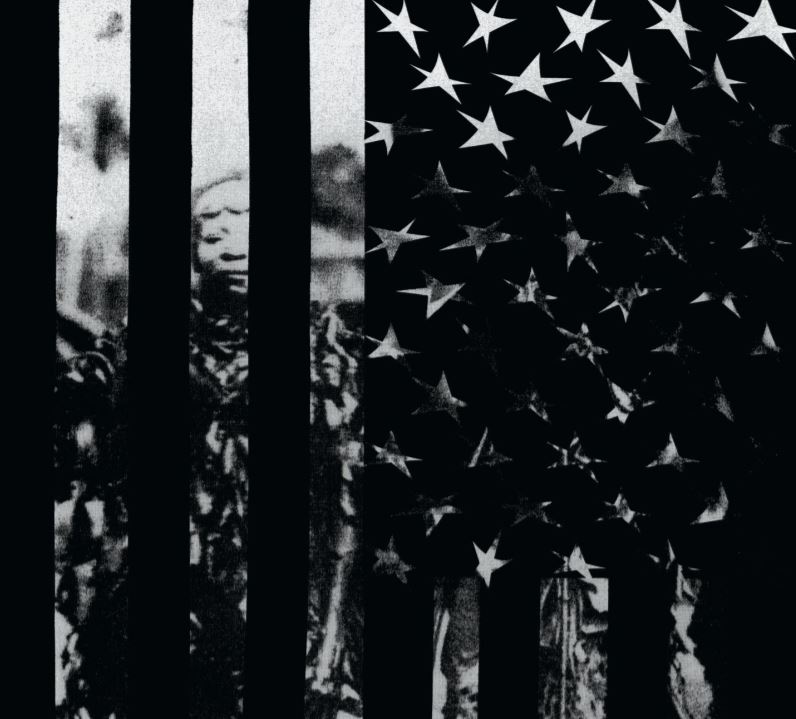
The Pulitzer Center in partnership with Howard University School of Law and the University of Miami School of Law is launching The 1619 Project Law School Initiative.
This initiative focuses on curricular resources crafted by law school students and their professors to introduce The 1619 Project and spark frank conversations about the legacy of slavery in legal education. The aim of this collaborative work is to make the case for an interdisciplinary approach to legal studies that draws upon sobering histories, journalism, and public discourse, and creates better lawyers and a more just society.
The 1619 Project Law School Initiative modules are designed to fill voids, enhance educational material, and inspire critical thinking especially about the historical insights and perspectives that are missing in our understanding of contemporary issues.
The modules relate to legal and political histories; public health, wealth, labor, and mobility; mass incarceration; and arts and culture. The essays and resources selected come from The New York Times Magazine 1619 Project special issue as well as companion pieces the module authors considered helpful in engaging with questions raised by the project.
The 1619 Project Law School Initiative is a partnership of the Pulitzer Center, Howard University School of Law, and University of Miami School of Law. The initiative is also part of the Racial Justice initiative by the Squire Patton Boggs Foundation and its Deans’ Circle.
Throughout this collaboration, our partners Marni Lennon, University of Miami School of Law assistant dean (Public Interest & Pro Bono) and Carmia Caesar, Howard University School of Law assistant dean of Career Services, have emphasized the need for these important conversations and educational resources.
“We teach students that a reasonable person is a neutral standard, but typically do not talk about who or what defines the reasonableness. In doing so, we deprive our students of the essential examination of the context of our laws and their impact on society,” Lennon and Caesar wrote in an introduction to the modules. “The opportunity to critically examine and build tools to help professors unpack how they teach seemingly neutral doctrine was not only intriguing, but also timely.”
Several launch events in February and March 2021 delve deeply into The 1619 Project, both from the standpoints of the creators of the modules—students and faculty from the University of Miami and Howard University law schools—and from the journalists involved in The New York Times Magazine 1619 Project issue.
- February 26: Focus on legal education and The 1619 Project with attorney Rodney Slater, former U.S. Secretary of Transportation, Chair of Board of Squire Patton Boggs Foundation and Senior Partner, Squire Patton Boggs, Marni Lennon, Carmia Caesar, and module creators from two of the Foundation's Dean's Circle law schools: from the University of Miami, Ariana Aboulafia and Maddie Seales; from Howard University, Asena Tui’one and Mike Walker.
- March 3: Focus on public health with journalist Linda Villarosa, contributing writer to The New York Times Magazine whose work is featured in The 1619 Project issue.
- March 10: Focus on legal and political histories with Pulitzer Prize-winning New York Times journalist Nikole Hannah-Jones, architect of The 1619 Project.
Lennon and Caesar hope the modules will reinforce the importance of expanding understanding of the “context and impact of law, and that as readers you will find them affirming, or even enlightening, on our common quest for truth and reconciliation.”
The 1619 Project Law School Initiative is connected to the Pulitzer Center's broader work as an education partner of The New York Times. The 1619 Project, inaugurated with a special issue of The New York Times Magazine in August 2019, challenges readers to reframe U.S. history by marking the year when the first enslaved Africans arrived in Virginia as the nation's foundational date.
This month, the Pulitzer Center also launched The 1619 Project Education Network inviting educators, administrators, content specialists, and curriculum supervisors for K-12 schools and school districts to apply for support to further explore as a cohort questions of racial justice and other pressing issues. Educators and administrators working with adults and youth in jails, prisons, or youth detention facilities are also encouraged to apply.




